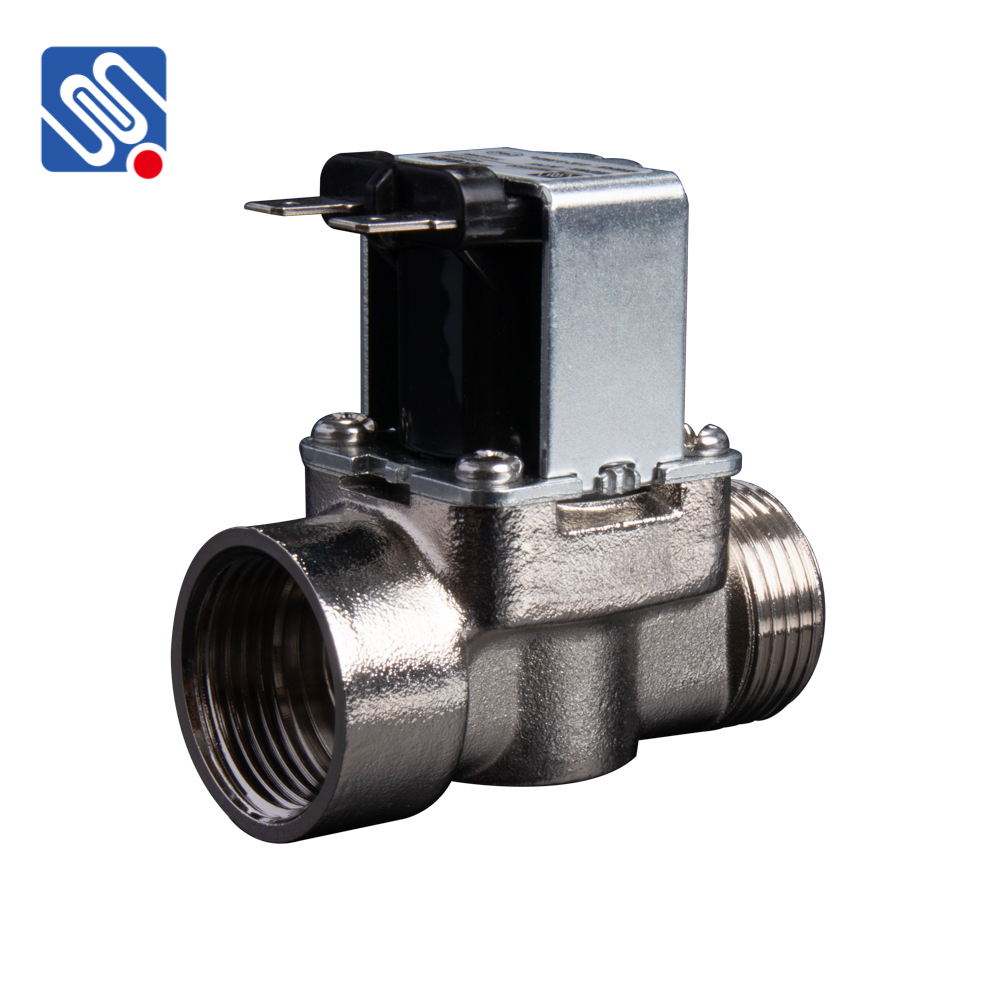hot water solenoid valve: key to efficient water control systems
Release time:2025-08-07 04:39:52
A Hot Water Solenoid Valve is an essential component in many industrial, commercial, and residential applications where precise control of hot water flow is required. These valves are powered by electricity and operate by using an electromagnet to open or close a valve, controlling the flow of hot water through a system. The convenience and efficiency offered by solenoid valves make them an important element in a wide range of applications, from home water heaters to large-scale heating systems. In this article, we’ll explore the working principles, uses, and advantages of hot water solenoid valves, as well as provide insight into their selection and maintenance.

Working Principles of Hot Water Solenoid Valves Hot water solenoid valves function by using a simple yet effective mechanism. They consist of an electromagnet that controls the opening and closing of a valve. The solenoid coil, when energized by electricity, creates a magnetic field, which pulls a plunger or armature, opening or closing the valve. When the coil is not energized, a spring returns the plunger to its initial position, which seals the valve and stops the flow of water. These valves can be either normally open (NO) or normally closed (NC), depending on the application. In a normally closed valve, the flow of hot water is blocked when the valve is not energized, and it opens when activated. In contrast, a normally open valve allows water to flow freely until the solenoid is energized, at which point it closes to stop the flow.

